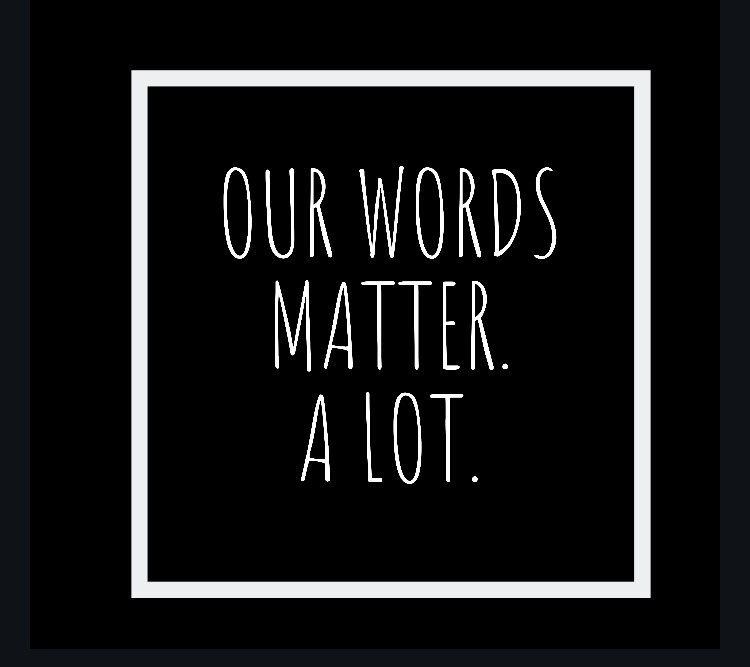In Vancouver w the 1st responders, I became friendly with a Dr. Stephanie Conn who works specifically w men & women out in the field.
She posted this on LinkedIn yesterday: why must we refer to it as “breaking down” when we talk about crying? Do we break down when we laugh? When we smile? When we love? We FEEL emotions, all diff kinds, & referring to those emotions (all of which are part of the human experience) w a negative backdrop just, just moves us further away from normalization, in this space. Words matter.
I, personally, have been pretty vocal about 3 words/phrases/examples that have been used for decades now in this space that I believe set us back:
1) 1in5 are mentally ill. My issue: what’s that telling the 4in5? It’s not a topic for them?
2) Stop/Stomp/Erase the “Stigma.” My issue: we’re hammering ppl over the head that there IS stigma. We’re also separating the world into 2 groups: the sick who are being stigmatized, & the healthy who are being slapped on the wrist for doing the “stigmatizing.”
3) Celebs only sharing their disorder names/diagnosis, w no back story. My issue: further perpetuates 1 & 2 above (that we have 2 unique groups, the sick vs the normal/healthy). It paints a pic a celeb was just “made that way” when we have no context.
What are some other examples where words matter, & we can be even more careful at what we choose to use – even when we are trying to advocate! Feel free to add others, disagree, etc. Here are 3 big ones for me:
1) Saying you’re “not weak” for sharing your story openly. Imagine someone saying “I am battling cancer, but I’m not weak for doing so.” It’s amazing we need to be on the defensive when it comes to MH. It should be – I’m battling & I’m STRONG for sharing/asking for help/fighting.
2) I’m not afraid to admit I have “mental illness.” Prob the most controversial one here. But my preference would be – that I have “mental health complications or challenges.” When we use MH, we can talk about it on a continuum that we are ALL on. At the level of disorder (from genetics or life experiences), your challenges may be at the end of the spectrum, but we ALL face challenges that affect our MH. If we continue to talk about MI, alone, we continue to hammer home the idea that there is a sick group vs a health group, & that these 2 groups are unrelated.
3) Referring to treatments as “alternative.” They’re only considered “alternative” by the folks who haven’t been open to using them. Many/most of the practices that help us heal from MH challenges have been around WAY longer than the more “common” treatments we hear about on TV commercials. We need to start talking about the science we have discovered that proves that these treatments work.
These are just 3…many more I could go into, but let’s start there. Any you particularly don’t like? Do you agree we need to start talking more consistently & be more careful in what we use?


